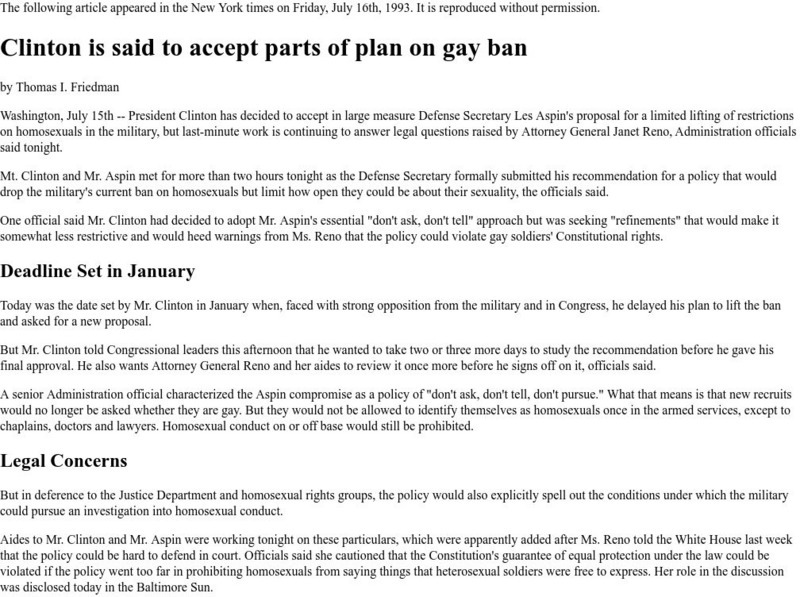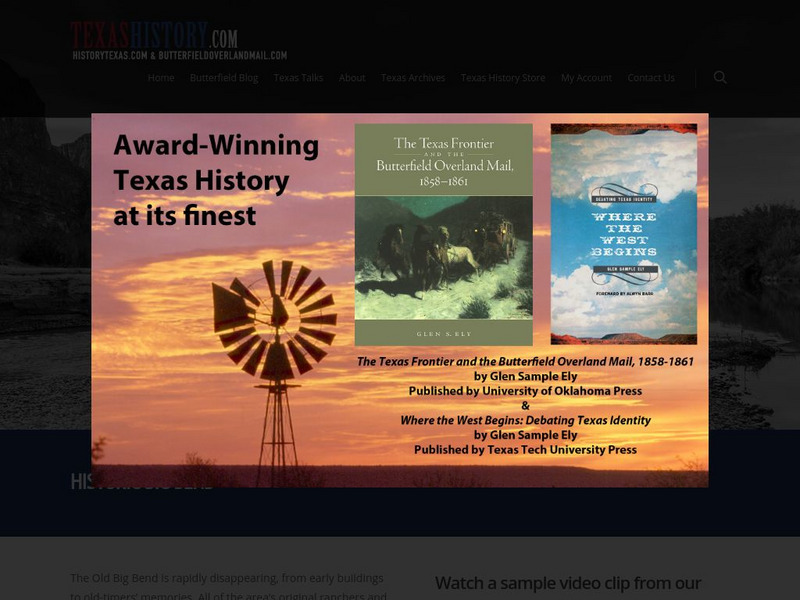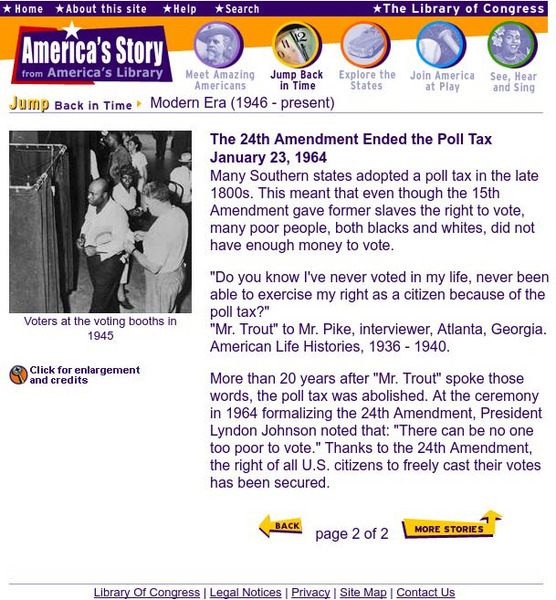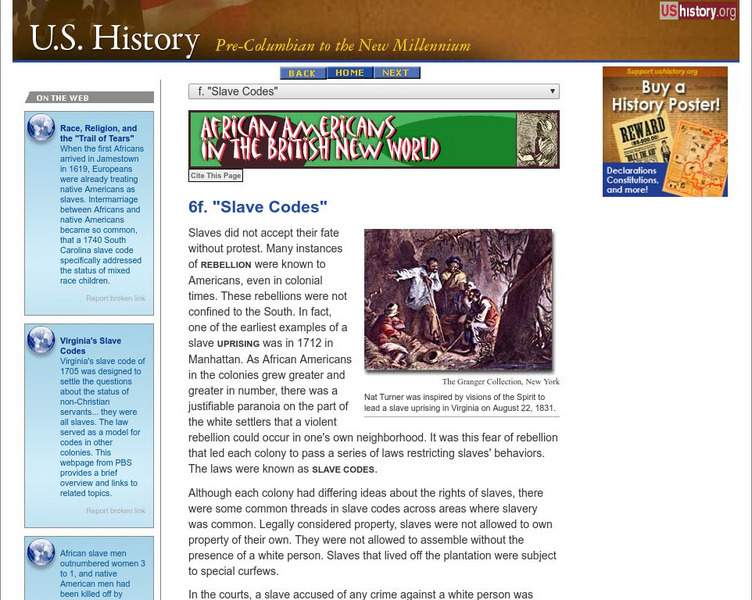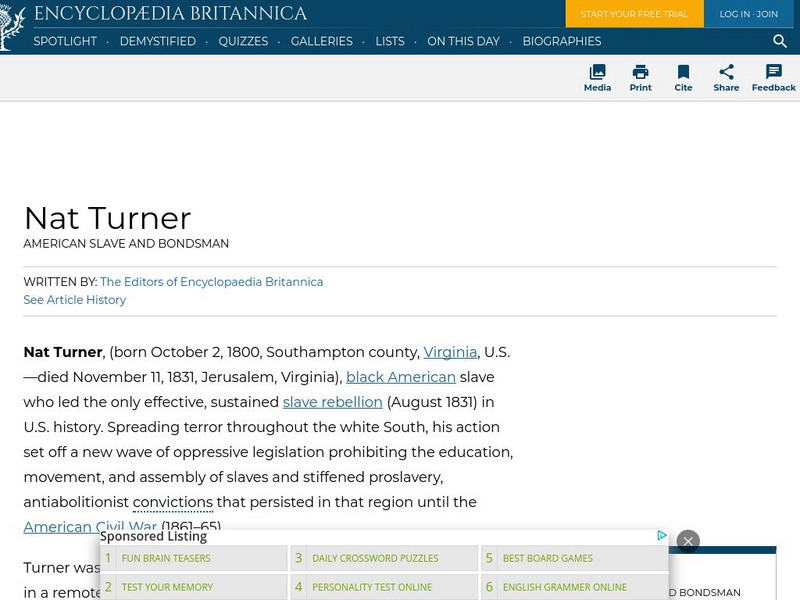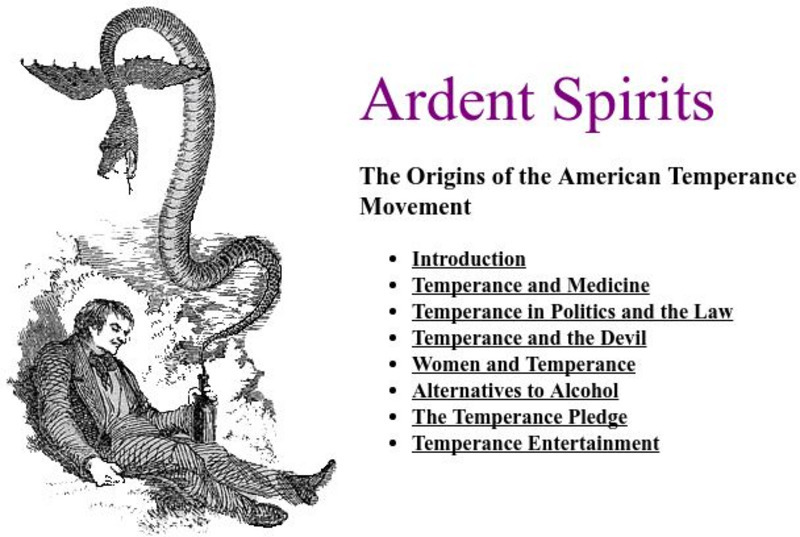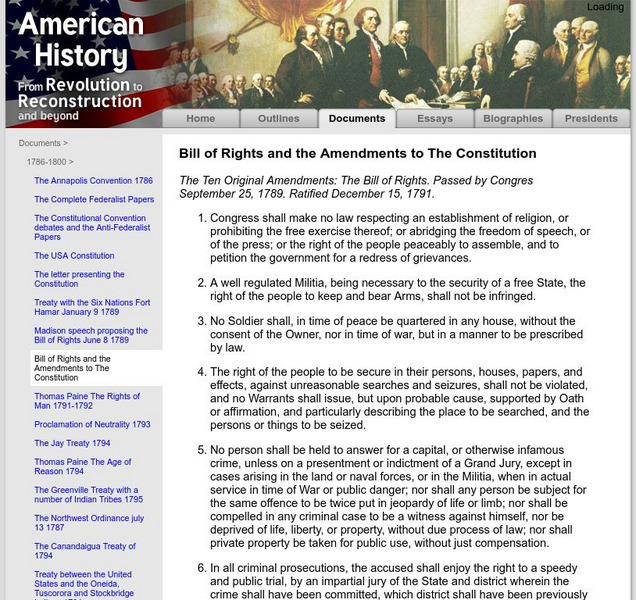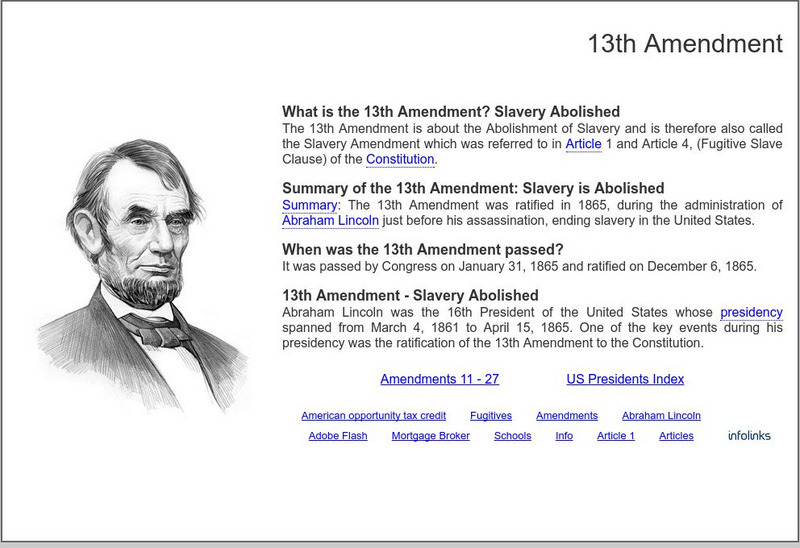Hi, what do you want to do?
Other
President Elect: 1892
Provides basic information about the presidential candidates of 1892 as well as an electoral map showing the distribution of votes.
Lectric Law Library
Lectric Law: Due Process
This resource presents a detailed description of the legal term "due process" with court cases cited.
Other
Politics 1: Presidency 2004
Site presents presidential candiadates for the 2004 election for the Republican Party, the Democratic Party, and each of the Third Parties.
Carnegie Mellon University
Ny Times: Clinton Accepts Parts of Plan on Gay Ban
An article from 1993 outlines the compromise as a policy of "Don't ask, don't tell, don't pursue." "Homosexual conduct on or off base would still be prohibited."
The Washington Post
The Sherman Antitrust Act
This is a very short article, which briefly explains what a trust is and how a trust is formed. Included is a summary of the Sherman Antitrust Act, which prohibited the creation of trusts and monopolies in 1890.
Other
English Royal Proclamation of 1763
This resource presents a map and a brief explanation of the royal Proclamation of 1763 that prohibited the settlement of lands west of a line drawn by the King.
TexasHistory.com
Texas history.com: Big Bend Spotlight
The Big Bend, now a national park in Texas, was once home to a unique way of life, described briefly here. Before the telephone, there was no way for residents to communicate, except through the Mexican Grapevine using mirrors to flash...
Library of Congress
Loc: America's Story: The 24th Amendment Ended the Poll Tax
Some American citizens were never able to exercise their voting rights because of the poll tax. Learn about the intentions behind prohibiting poor Americans from voting, and how the 24th Amendment to the Constitution banned the poll tax.
Independence Hall Association
U.s. History: African Americans in the British New World: Slave Codes
Resistance and even rebellion of slaves resulted in colonies enacting laws regarding the actions of slaves. Read about some of the slave codes and what they prohibited.
Encyclopedia Britannica
Encyclopedia Britannica: Nat Turner
This entry from Encyclopedia Britannica features Nat Turner, a black American slave who led the only effective, sustained slave rebellion (August 1831) in U.S. history. Spreading terror throughout the white South, his action set off a...
Siteseen
Siteseen: American Historama: Glass Steagall Banking Act of 1933
Read interesting facts about the Banking Act of 1933, or the Glass-Steagall Act. It prohibited commercial banks from engaging in the investment business and created the Federal Deposit Insurance Corporation (FDIC).
Siteseen
Siteseen: American Historama: Alien Contract Labor Law
Overview and facts about the 1885 Alien Contract Labor Law that prohibited any company or individual from bringing unskilled foreigners (aliens) into the United States under contract to work for them.
Siteseen
Siteseen: Government and Constitution: Slave Trade Compromise
The Commerce and Slave Trade Compromise was reached at the Constitutional Convention by stating that Congress could not prohibit the slave trade until 1808, but that any imported slaves could be taxed.
Chicago History Museum
Encyclopedia of Chicago: Gang Map
A map of the gang territories during the 1920s in Chicago. Shows where each of the gangs had a dominant presence.
Other
Nat'l Security Agency: National Cryptologic Museum
On this site one can find the National Security Agency's history of cryptology, some online exhibits, and sections on mathematics, education, and more.
Other
Voice of America: Election of 1928: Americans Are Presented With a Clear Choice
Read a transcript from Voice of America's Making of a Nation series dealing with the election of 1928 between Herbert Hoover and Al Smith. You will read about the issues in the election and find that many national issues span time and...
Other
Library Company of Philadelphia: Ardent Spirits: American Temperance Movement
An extensive exhibit of the origins of the temperance movement in the United States, dating from the seventeenth century.
Library of Congress
Loc: Progressive Era to New Era, 1900 1929
This website defines and explores the Progressive Era and various aspects of American society during that period of history. It contains fairly simple text and several images.
Wessels Living History Farm
Wessels: Farming in the 1920s: 1920s World Events
Find a list of events in many categories that occurred in the 1920s.
University of Groningen
American History: Outlines: Outlines: Clash of Cultures
Although brief, this discussion of the clash of cultures in the 1920s covers all the reasons for cultural discordance.
University of Groningen
American History: Documents: The 13th Amendment
An original 13th amendment restricting lawyers from serving in government that was supposedly ratified in 1819 and removed from the U.S. Constitution during the Civil War.
Siteseen
Siteseen: American Historama: Calvin Coolidge
Facts, accomplishments, and biography of the life of Calvin Coolidge and summaries of important events during his presidency.
Siteseen
Siteseen: American Historama: Woodrow Wilson
Facts, biography, and accomplishments of the life of Woodrow Wilson and summaries of important events during his presidency.
Siteseen
Siteseen: Government and Constitution: 13th Amendment
The 13th Amendment was passed by Congress on January 31, 1865, but not ratified until December 6, 1865. This article provides an explanation and summary of the 13th Amendment or Fugitive Slave Clause that abolished slavery.
Other popular searches
- Prohibition in the 1920's
- Prohibition 1920
- Prohibition in the 1920s
- Prohibition of 1920
- Prohibition Lesson Plan
- 1920s and Prohibition
- Prohibition Canada
- Roaring 1920s Prohibition
- Lessons on Prohibition
- Prohibition in 1910
- Prohibition Women's Suffrage
- Prohibition Womens Suffrage







